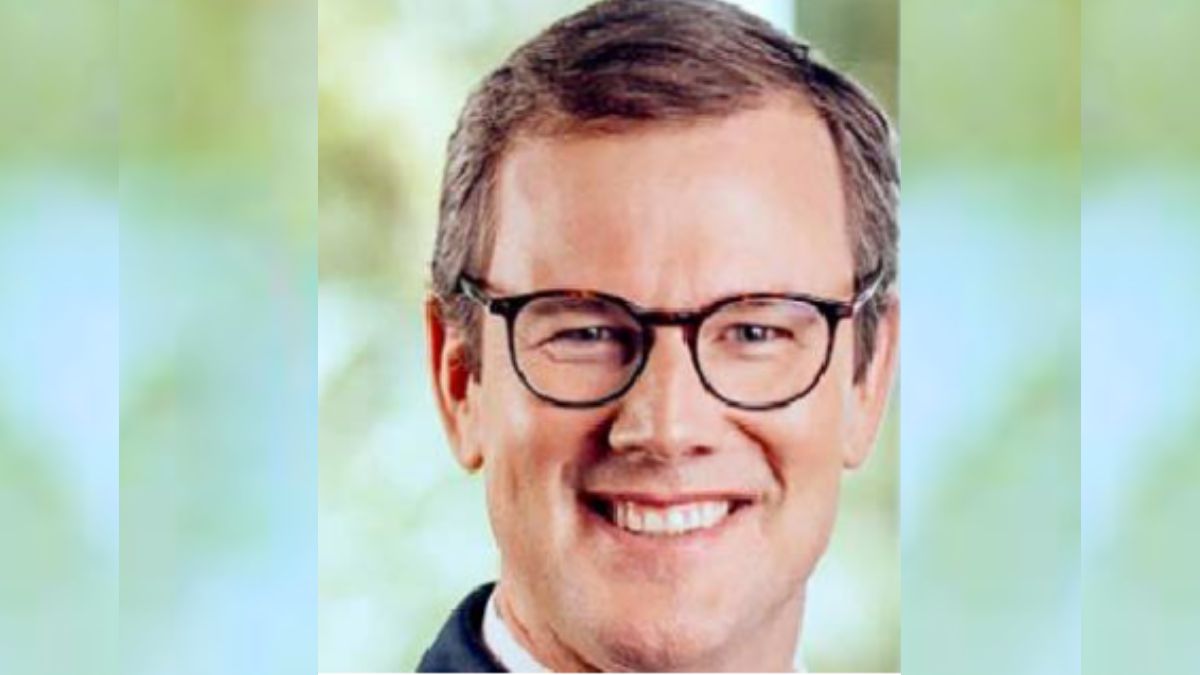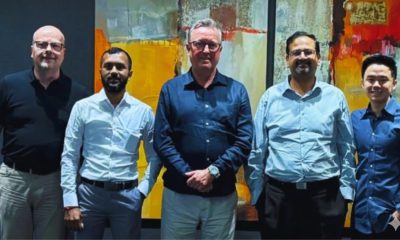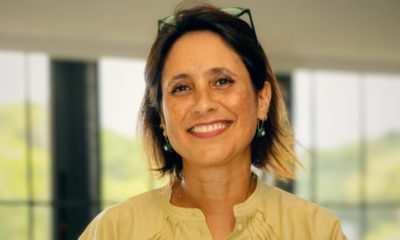Business
New AHRIM Chief Demands 3 Key Reforms: Training, Staffing, and Bureaucracy

Stéphane Poupinel de Valencé has officially taken the helm of the Association des hôteliers et restaurateurs de l’île Maurice (AHRIM), immediately calling for sweeping administrative reforms, a renewed focus on local training, and simplification of foreign worker recruitment to propel the sector into a “new era.”
Mr. Poupinel de Valencé, who was elected on Tuesday, October 14, is succeeding Thierry Montocchio as President. In his inaugural address at the Annual General Assembly held at the prestigious Constance Belle Mare Plage hotel, he outlined his vision for an industry he says is “in full mutation.” His key priorities centre on human capital, professional training, and bureaucratic streamlining.
Recruitment and Bureaucracy
A primary concern for the new AHRIM chief is the slow and complex procedures for hiring foreign workers, which he argues are causing a “loss of talent” and stifling growth.
- Mr. Poupinel de Valencé expressed confidence that this “message has been heard” and that the processes would “soon be simplified,” demanding “pragmatic, ethical, and efficient solutions” to ensure a consistent supply of qualified staff.
- This echoed comments from outgoing President Thierry Montocchio, who used his final speech to lament the “slow pace of recruitment procedures,” calling the current bureaucracy “frozen for more than 40 years.” Mr. Montocchio warned that these delays are costing the industry “precious opportunities” and harming its competitiveness.
Valuing Human Capital and Training
The new president heavily emphasised the need to elevate the “human capital” within Mauritian tourism, stressing that success relies on a formed, motivated, and well-supervised personnel.
- “Tourism is not the business of hoteliers and restaurateurs alone. It is everyone’s business,” he stated, arguing that every citizen and merchant contributes to the overall visitor experience.
- A major priority is the revitalisation of the Sir Gaëtan Duval hotel school. The aim is to train more local talent and attract young professionals from the wider region, notably Madagascar.
- He noted that resources, particularly via the National Training Fund, exist but need to be “better oriented.”
- This initiative requires modernisation of infrastructure, international partnerships, and alignment with global standards, as well as collaboration with authorities to make it a “national priority.”
- Mr. Poupinel de Valencé also called for greater efforts to value tourism careers, which are often perceived as second-choice, describing them instead as “professions of passion, emotion, and human connection.”
- He noted the private sector is already active in this area but authorities must strengthen this dynamic.
Broader Industry Challenges
Beyond staffing, the President addressed a range of other critical issues facing the sector:
- Sustainable Development: The necessity of environmental protection and the promotion of responsible tourism to maintain the island’s appeal.
- Infrastructure: Improving both air and electricity access.
- Local Issues: Addressing coastal erosion management and the persistent issue of stray dogs.
- Cultural Offering: Promoting Mauritian culture—gastronomy, arts, crafts, music, and heritage—to enrich the tourist experience and generate economic returns for local communities.
The new leadership will utilise the blueprint developed under the Minister of Tourism as a “strategic foundation for the next ten years,” with the ultimate goal of achieving sustainable, inclusive, and competitive tourism.
Mr. Poupinel de Valencé, who is also the Chief Executive Officer of New Mauritius Hotels Ltd since July 2023, brings a professional background focused on a “people-first strategy, customer experience, operational efficiency, and sustainable development” to his new role. He stated his mission is to “defend, represent, and support the sector in its transformations.”
Source: l’Express











